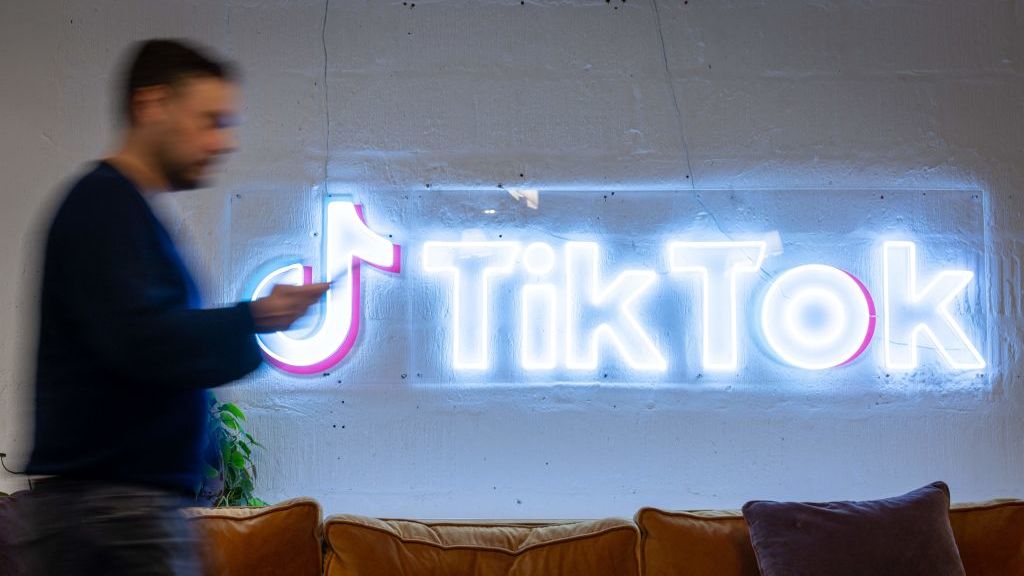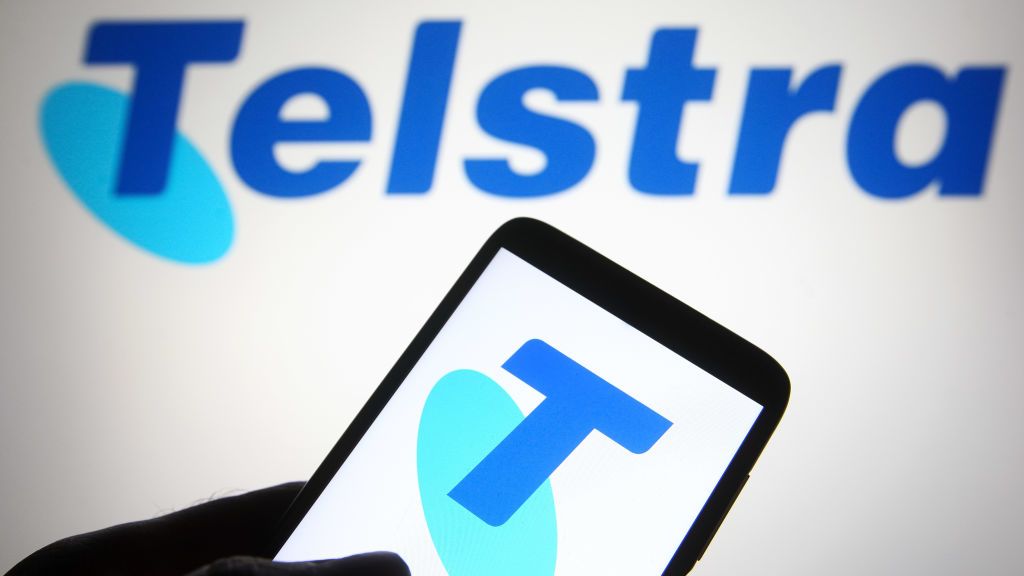Latitude Financial's data policies questioned after more than 14 million records stolen
Some of the data is from at least 2005 and includes customers’ name, address, and date of birth


Latitude Financial has revealed that its March cyber attack has now affected more than 14 million customer records, much more than the 330,000 records it initially estimated.
According to the latest results from the Australian finance firm's ongoing investigation, 7.9 million Australian and New Zealand driver's licence numbers were stolen during the attack. 40% of these, or 3.2 million records, were provided to the company in the last ten years.
It also identified 53,000 passport numbers that were stolen, as well as financial statements belonging to around 100 customers.
In addition, Latitude said that an extra 6.1 million records dating back to at least 2005 were taken. The vast majority of these records, 94% or 5.7 million of them, were provided to the company before 2013. These records contained personal information including names, addresses, dates of birth, and telephone numbers.
“It is hugely disappointing that such a significant number of additional customers and applicants have been affected by this incident,” said Ahmed Fahour, CEO at Latitude. “We apologise unreservedly.”
The company said that no suspicious activity has been observed on its systems since 16 March.
Latitude is writing to everyone whose information was compromised to notify them of what data has been stolen and its plans for remediation.
Get the ITPro daily newsletter
Sign up today and you will receive a free copy of our Future Focus 2025 report - the leading guidance on AI, cybersecurity and other IT challenges as per 700+ senior executives
It’s also reimbursing customers who decide to replace their stolen ID documents.
“We continue to work around the clock to safely restore our operations,” said Fahour. “We are rectifying platforms impacted in the attack and have implemented additional security monitoring as we return to operations in the coming days.”
Questions exist about the nature of the data theft and the length of Latitude's data retention, given that millions of records date back further than ten years.
The most likely assumption is that the data was being stored on older or less-secure systems, said Michael Queenan, CEO and co-founder of Nephos Technologies.
“My fundamental question is why was Latitude holding data that old in the first place? If, as referenced, ID documents were stolen surely those would have needed to have been updated every ten years or so meaning that older versions should have been deleted,” said Queenan.
“Also, if people who are no longer Latitude customers have had their data breached then it puts into question why their records were not deleted after a certain period of time. I would be asking to see their data retention policy to ascertain why they were holding so much old data including highly personal information.”
RELATED RESOURCE

Latitude's first disclosure came on 16 March, saying it had detected unusual activity on its systems before confirming on 20 March that it was the victim of a 'sophisticated cyber attack'. The company took its systems offline and was aiming to restore them gradually.
At the time, it confirmed that around 330,000 customers and applicants had their personal information stolen. 96% of the data was driving licences or numbers, with the rest being passport and Medicare numbers.
Latitude also said it was likely to discover more information belonging to customers that had been stolen in the attack, as it was conducting a forensic review into the attack.
Now, it's believed to be one of Australia's largest-ever data breaches during a time at which the country is being heavily targeted by cyber criminals.
Zach Marzouk is a former ITPro, CloudPro, and ChannelPro staff writer, covering topics like security, privacy, worker rights, and startups, primarily in the Asia Pacific and the US regions. Zach joined ITPro in 2017 where he was introduced to the world of B2B technology as a junior staff writer, before he returned to Argentina in 2018, working in communications and as a copywriter. In 2021, he made his way back to ITPro as a staff writer during the pandemic, before joining the world of freelance in 2022.
-
 Bigger salaries, more burnout: Is the CISO role in crisis?
Bigger salaries, more burnout: Is the CISO role in crisis?In-depth CISOs are more stressed than ever before – but why is this and what can be done?
By Kate O'Flaherty Published
-
 Cheap cyber crime kits can be bought on the dark web for less than $25
Cheap cyber crime kits can be bought on the dark web for less than $25News Research from NordVPN shows phishing kits are now widely available on the dark web and via messaging apps like Telegram, and are often selling for less than $25.
By Emma Woollacott Published
-
 Latitude hack now under state investigation as customers struggle to protect their accounts
Latitude hack now under state investigation as customers struggle to protect their accountsNews The cyber attack has affected around 330,000 customers, although the company has said this is likely to increase
By Zach Marzouk Published
-
 IDCARE: Meet the cyber security charity shaping Australia and New Zealand's data breach response
IDCARE: Meet the cyber security charity shaping Australia and New Zealand's data breach responseCase Studies IDCARE is recruiting a reserve army to turbocharge the fightback against cyber crime not just in the region, but in the interests of victims all over the world
By Zach Marzouk Published
-
 Australia commits to establishing second national cyber security agency
Australia commits to establishing second national cyber security agencyNews The country is still aiming to be the most cyber-secure country in the world by 2030
By Zach Marzouk Published
-
 Medibank bleeds $26 million in cyber costs following hack
Medibank bleeds $26 million in cyber costs following hackNews The company believes this figure could rise to $45 million for the 2023 financial year
By Zach Marzouk Published
-
 TikTok's two new European data centres to address data protection concerns
TikTok's two new European data centres to address data protection concernsNews The company is under pressure to prove its user data isn’t being accessed by the Chinese state
By Zach Marzouk Published
-
 Cyber attack on Australia’s TPG Telecom affects 15,000 customers
Cyber attack on Australia’s TPG Telecom affects 15,000 customersNews It is the third cyber attack on a major Australian telco since October
By Zach Marzouk Published
-
 Telstra blames IT blunder for leak of 130,000 customer records
Telstra blames IT blunder for leak of 130,000 customer recordsNews Australia’s biggest telco said that the error was due to a mismanagement of databases and not a cyber attack
By Zach Marzouk Published
-
 Embattled Medibank faces 48-hour outage as cyber security upgrade begins
Embattled Medibank faces 48-hour outage as cyber security upgrade beginsNews The Australian company has called in Microsoft experts as it deals with the fallout of a data breach that led to 9.7 million exposed customer records
By Zach Marzouk Published